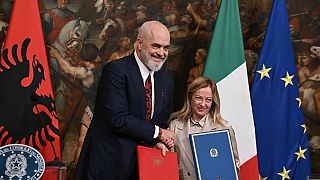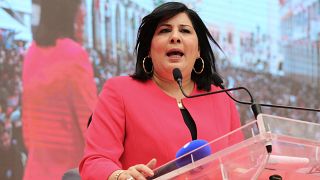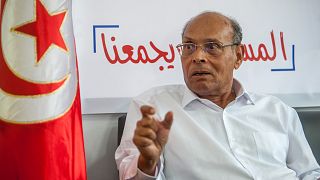Tunisia
Tunisia's President, Kais Saied, said on Monday evening that his country was refusing to accept the funds allocated by the European Union to Tunisia, which he described as "charity", and whose "derisory" amount would run counter to the agreement concluded in July between the two parties.
On September 22, the European Commission announced that it would begin "rapidly" allocating the funds provided for under the agreement with Tunisia, in order to reduce the number of migrants arriving from that country.
The Commission specified that some 42 million euros of the 105 million euros in aid provided for under this agreement to combat irregular immigration would be "rapidly allocated". A further 24.7 million euros had already been earmarked for ongoing programs.
"Tunisia, which accepts cooperation, does not accept anything resembling charity or favor, because our country and our people do not want sympathy and do not accept it when it is without respect," he said, according to a press release from the presidency.
"Consequently, Tunisia refuses what has been announced in recent days by the EU", said Mr. Saied, who was receiving his Foreign Minister, Nabil Ammar.
He explained that this refusal was "not because of the derisory amount (...) but because this proposal goes against" the agreement signed in Tunis and "the spirit that prevailed at the Rome conference" in July.
According to the European Commission, the aid is to be used in part to refurbish boats used by the Tunisian coastguard and to cooperate with international organizations both for the "protection of migrants" and for operations to return these exiles from Tunisia to their countries of origin.
The memorandum of understanding between Tunisia and the EU also provides for direct budgetary aid of 150 million euros in 2023, at a time when the country is facing serious economic difficulties.
Finally, Mr. Saied added that his country was "doing its utmost to dismantle the criminal networks involved in human trafficking".
Tunisia, along with Libya, is the main point of departure for thousands of migrants crossing the central Mediterranean to Europe, and arriving in Italy.













01:09
Seven dead as migrant boat capsizes in Spain's Canary Islands
01:17
ECRI warns of persistent racial profiling in European law enforcement
02:24
Racial profiling still rife across the EU, Council of Europe says
01:35
Botswana's FM says country wants to deepen trade with EU amid Trump's tariffs
02:00
EU and African Union ministers pledge to boost cooperation on peace, security and economy
Go to video
"Russia doesn't want a ceasefire", says French president Macron